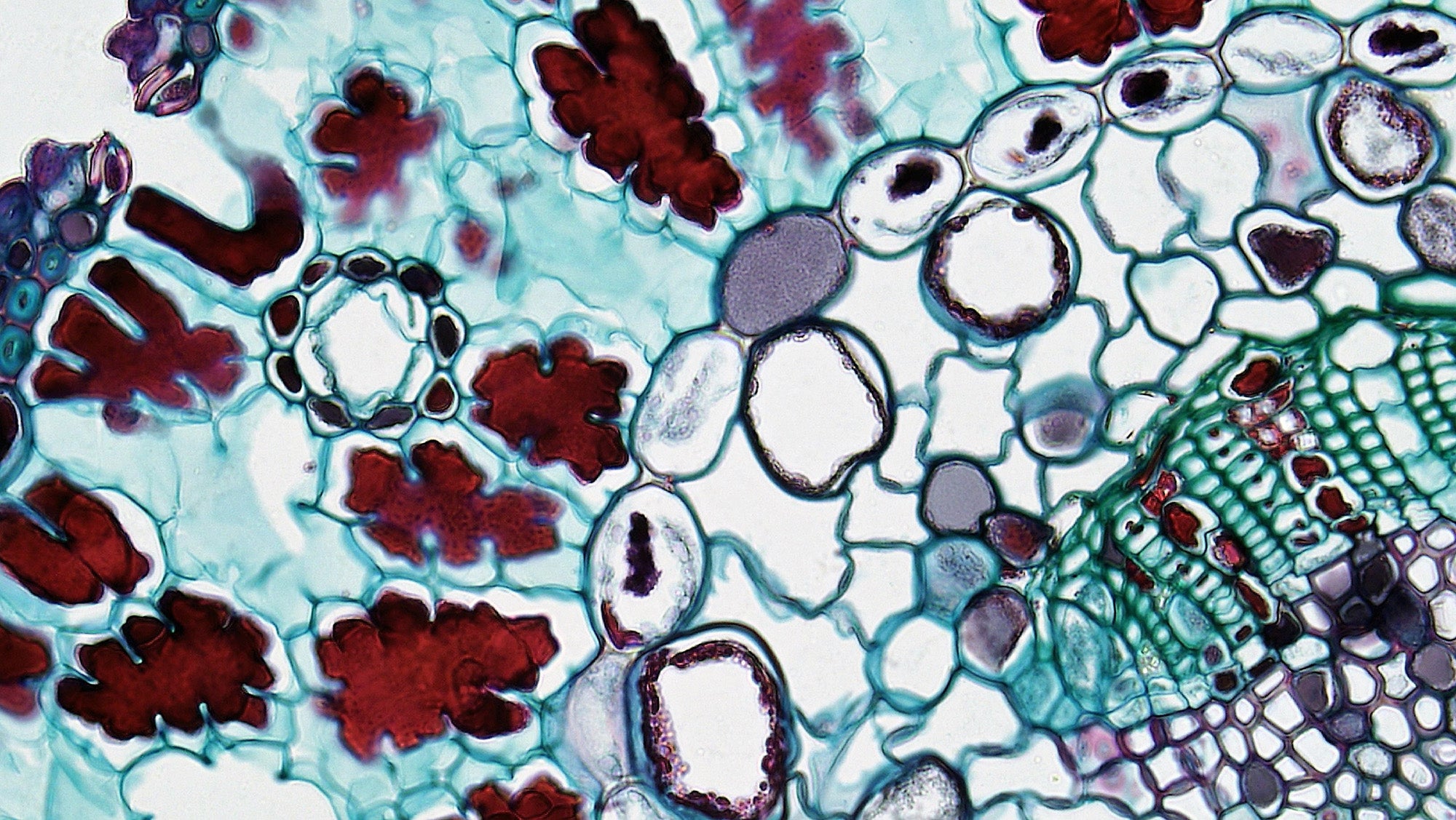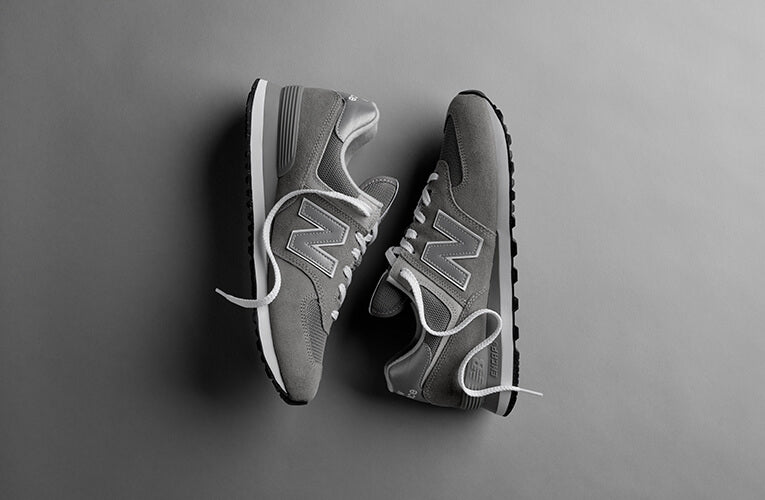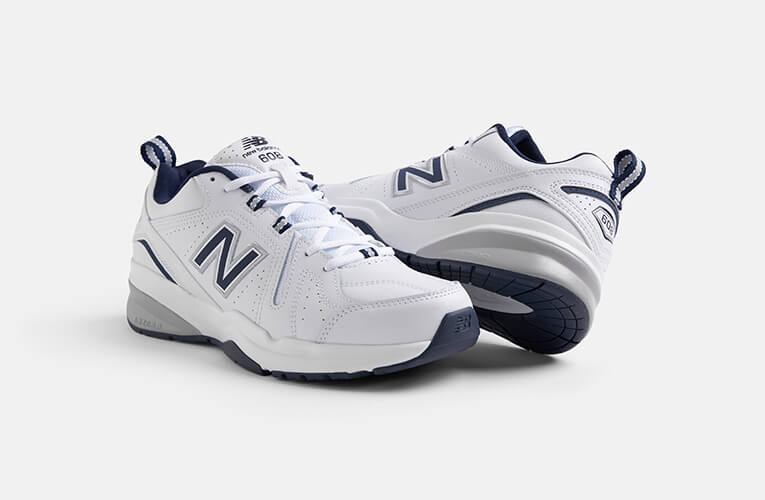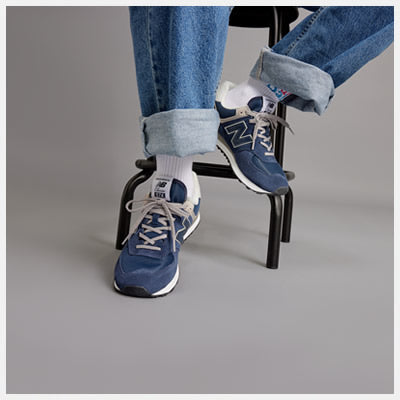Why is blood glucose good for runners?

Blood glucose, also known as blood sugar, is an essential fuel for the body that provides energy to muscles and other tissues. For runners, maintaining optimal blood glucose levels is crucial to ensuring peak performance and avoiding the dreaded "bonk" or "hitting the wall." In this article, we'll explore the benefits of blood glucose for runners and offer tips for maintaining healthy levels during training and races.
What Is Blood Glucose?
Blood glucose is a type of sugar that circulates in the bloodstream and provides energy to the body's cells. It comes from the foods we eat and is regulated by the hormone insulin, which is produced by the pancreas. Insulin helps transport glucose from the bloodstream into cells, where it can be used for energy or stored for later use.
Why Is Blood Glucose Important for Runners?
For runners, maintaining optimal blood glucose levels is essential for several reasons. First, glucose is the primary source of energy for the muscles during exercise. As you run, your muscles burn through glycogen, which is stored glucose in the muscles and liver. When glycogen levels get low, the body turns to circulating blood glucose to maintain energy levels. If blood glucose levels drop too low, you may experience fatigue, dizziness, and other symptoms that can impair your performance.
Second, maintaining healthy blood glucose levels can help prevent the dreaded "bonk" or "hitting the wall." This phenomenon occurs when glycogen stores are depleted, and the body can no longer produce enough glucose to sustain energy levels. When this happens, runners often experience a sudden drop in energy and may struggle to complete their run.
Finally, maintaining healthy blood glucose levels can help with recovery after a run. Glucose is essential for replenishing glycogen stores in the muscles and liver, which can help speed up recovery and reduce muscle soreness.
How to Maintain Healthy Blood Glucose Levels
Maintaining healthy blood glucose levels is crucial for runners, but it can be challenging, especially during long runs or races. Here are some tips for keeping your blood glucose levels in check:
-
Eat a balanced diet
Eating a balanced diet that includes a mix of carbohydrates, proteins, and fats is essential for maintaining healthy blood glucose levels. Carbohydrates are especially important for runners, as they provide the primary source of glucose for the muscles during exercise. Try to include complex carbohydrates, such as whole grains and vegetables, in your diet, as these are absorbed more slowly and can provide sustained energy.
-
Time your meals
Timing your meals can also help maintain healthy blood glucose levels. Try to eat a meal or snack that includes carbohydrates about 1-2 hours before a run to give your body time to digest and absorb the glucose. You may also want to eat a small snack during longer runs or races to maintain energy levels.
-
Stay hydrated
Dehydration can cause blood glucose levels to rise, so staying hydrated is essential for maintaining healthy levels. Make sure to drink plenty of fluids before, during, and after your runs to help regulate your blood glucose levels.
-
Monitor your levels
Monitoring your blood glucose levels during runs and races can help you make adjustments to your diet and hydration strategies. You can use a blood glucose monitor or continuous glucose monitoring system to track your levels and make sure they stay within a healthy range.
In conclusion, maintaining healthy blood glucose levels is crucial for runners looking to perform their best and avoid fatigue and "bonking" during long runs and races. By eating a balanced diet, timing your meals, staying hydrated, and monitoring your levels, you can help ensure that your body has the fuel it needs to keep going. it's clear that blood glucose is a runner's best friend. Not only does it provide energy for those long runs, but it also gives us an excuse to eat all the carbs we want without feeling guilty. So go ahead, indulge in that giant bowl of pasta, grab that extra slice of bread, and enjoy that sugar-filled energy gel during your next race. After all, you're just doing it for the sake of your blood glucose levels, right? Happy running and happy eating!











